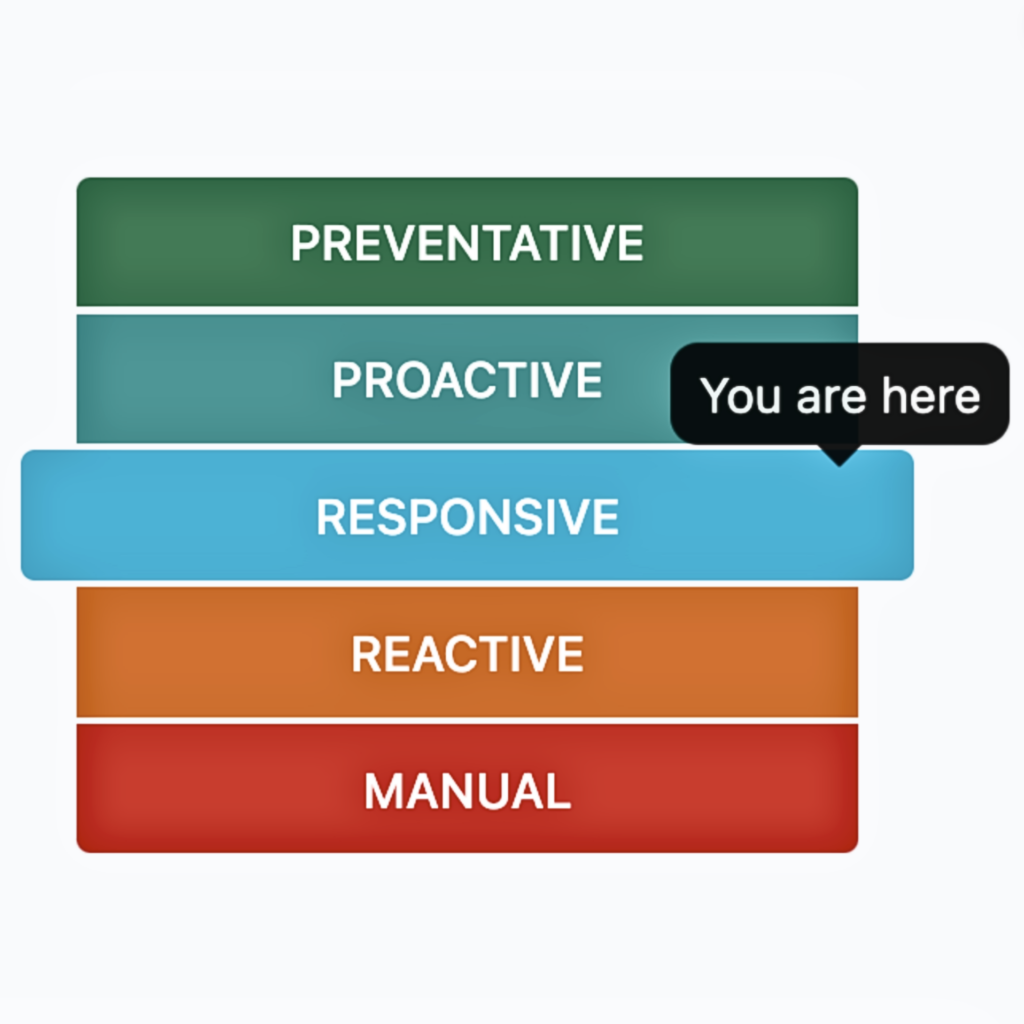- PagerDuty /
- Blog /
- Best Practices & Insights /
- The Competitive Advantage of Teamwork
Blog
The Competitive Advantage of Teamwork
Have you ever worked on a team where it was a challenge to give constructive feedback or confidently share ideas? At PagerDuty Summit 2018, Patrick Lencioni, author of The Five Dysfunctions of a Team,1 spoke about the importance of encouraging a culture of teamwork, and the role trust and vulnerability play in creating that culture.
As customer expectations continue to rise, organizations are learning that teamwork isn’t just a nice to have—it’s a strategic advantage. High-performing teams work together more effectively to achieve the same goals, whether it’s better software delivery or faster incident resolution.
So what makes a great team? Trust, intellectual conflict, and accountability. To create that culture, organizations need to overcome these five dysfunctions:
- Absence of trust
- Fear of conflict
- Lack of commitment
- Avoidance of accountability
- Inattention to results
The Importance of Trust
In his talk, Lencioni pointed out that vulnerability-based trust is the most important, foundational quality needed to build great teams. When trust is present, team members feel comfortable enough to admit when they don’t know something, when they need help, or when they make an error, ultimately changing the interpersonal dynamics of a team.
But what does vulnerability-based trust mean exactly? In short, it’s admitting to mistakes and owning up to faults, whether personal or professional. To build this trust, leaders need to take the first step by being honest with their teams about their personal struggles and admitting their mistakes. A leader who does both shows integrity and honesty, and encourages their team to be vulnerable as well. In contrast, a leader who doesn’t loses credibility, and their team will shut down and disengage.
While some people believe that leaders should be a beacon of strength and confidence without ever faltering, the truth is that leaders have nothing to lose from admitting their faults because their teams are likely aware of them. Being completely open will inspire their teams to do the same, resulting in more authentic interactions and building stronger relationships so everyone can trust each other and work together to make better decisions. For vulnerability-based trust to work, everyone must be on board; having just one person who is unable to be vulnerable can poison an entire team.
Conflict: Key for High-Performing Teams
Now let’s talk conflict. Many organizations avoid conflict because they’re afraid of hurt feelings. Additionally, many people think conflict is a sign of a weak team—after all, it can’t be a good thing if everyone’s fighting all the time, right? Not necessarily.
In fact, ideological conflict is a good, even necessary, part of high-performing teams as it helps lead to better decision-making. It’s through conflict that teams are able to hash out ideas and work together to find the best answer. However, conflict must be based on a foundation of trust to be productive—without trust, conflict is merely manipulation and politics.
It’s important to take into consideration that people have different conflict styles. Some may be passionate and vehemently protest while others are quiet and more subtle when disagreeing. To help bridge the gap, teams should take time to learn everyone’s communication styles. One way to do this is to ask team members to share a bit about themselves, from where they grew up and the biggest challenges they faced, to how many siblings they had and whether they’re the oldest or youngest. This sharing will help create vulnerability and provide more insight into communication and conflict styles.
Achieving Team Commitment and Accountability
Without healthy conflict, it’ll be near impossible for a team to commit to a common goal. To achieve this, leaders need to actively engage the team in the decision-making process—and this doesn’t mean everyone has to agree.
Everyone can have their concerns and opinions, and should be encouraged to share them. People will commit to a goal if they’re given the opportunity to weigh in, even if the decision doesn’t go their way. The most important thing is their opinions were heard and taken into account before the final call is made.
Without this commitment, team members will avoid accountability. On high-performing teams, peers calling each other out is the best form of accountability. In contrast, going to the boss when a peer isn’t meeting expectations is political, ineffective, and creates distrust. It’s also important to note, however, that leaders are the ultimate source of accountability—leaders need to hold their teams accountable for their actions. Just like team vulnerability requires leaders demonstrating vulnerability, peers won’t hold each other accountable if leaders fail to do so.
But it’s not just a one-way street. Individual contributors can also influence up because leaders need to be held accountable, too. Individuals can start by recognizing that a leader’s job is difficult, then give honest feedback about their behavior and suggest changes that may benefit the team overall.
Acknowledging Results to Drive Desired Behaviors
Out of the five, inattention to results is the ultimate dysfunction. It’s important to note that in this context results aren’t just about financial measures like revenue. High-performing teams focus on near-term, collective goals that they hope to achieve, which in turn drives profit. Publicly declare goals to inspire a passionate desire to achieve those goals, and reserve rewards and recognition for those who contribute to achieving group goals. While it’s important to recognize individual accomplishments and contributions, high-performing teams focus on results of the collective.
Unfortunately, many teams are not results-focused, and as Lencioni writes, “no amount of trust, conflict, commitment, or accountability can compensate for a lack of desire to win.”
We’ve only touched upon the five dysfunctions—if you’d like to learn more, check out the full presentation. And don’t forget to save the date for PagerDuty Summit 2019!


